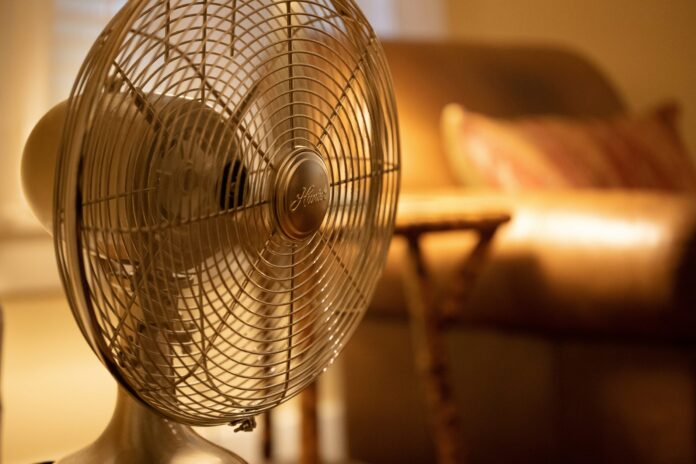Environment and Climate Change Canada has issued a heat warning for Eastern Vancouver Island and inland areas of the island.
Highs of 30 degrees Celsius are forecast until Tuesday.
Heat related illnesses can affect anyone, so drink plenty of water and be prepared to find a cool place such as a spot shaded by trees, a misting station, or an air-conditioned place in a public building.
Children and pets should not be left inside a parked vehicle.
You should also check on family, friends and neighbours who are at higher risk, particularly if they live alone.
The risks of heat related illness are higher for seniors, people living alone, or with pre-existing health conditions such as diabetes, heart disease or respiratory disease, or those with limited mobility
Heat can also affect people suffering schizophrenia, depression, anxiety, substance use disorders, or those who are homeless, or unsheltered.
Island Health released tips for keeping cool and watching for symptoms of heat related illness.
Be prepared to call 911:
– In cases of heat stroke: loss of consciousness, disorientation, confusion, severe nausea or vomiting or very dark urine or no urine
– In general: when there is chest pain, difficulty breathing, loss of consciousness, severe burns, choking, convulsions that are not stopping, a drowning, a severe allergic reaction, a head injury, signs of a stroke, signs of an overdose or a major trauma.
If there is a less urgent health concern:
– You can call HealthLinkBC at 811 and speak with a nurse or go to an urgent care centre or clinic if you can do so safely. That way, our emergency medical dispatch staff and paramedics will be available for people who need their services the most.
– There are also online tools at healthlinkbc.ca, including a “Check Your Symptoms” tool.
Island Health says there are steps to protect yourself and those around you from heat-related illness:
Keep your home cool:
– Open windows when the outdoor temperature goes down below the indoor temperature at night
Shut windows and close curtains/blinds to keep cooler air in and the sun out
Avoid making meals using the oven
– Important: If you experience extreme heat during an air quality advisory, prioritize cooling down. Heat is typically more dangerous than short-term exposure to poor air quality.
Keep your body cool:
– Wear a damp towel or shirt
– Take a cool bath or shower
– Put an ice tray in front of a fan
– Use a personal mister or spray bottle
– Drink lots of water
– Lower your activity level and avoiding intense activities
– Important: While fans can help you feel more comfortable, they do not work to lower body temperature at temperatures over 35C.
Take care of high-risk individuals:
– Visit them to check the indoor temperature of their home
– Encourage them to take cool baths and sleep in their coolest room, such as the basement
– Invite them to your house if you have air conditioning
– Never leave children, dependent adults or pets alone in a parked car. Leaving windows open will not help.






